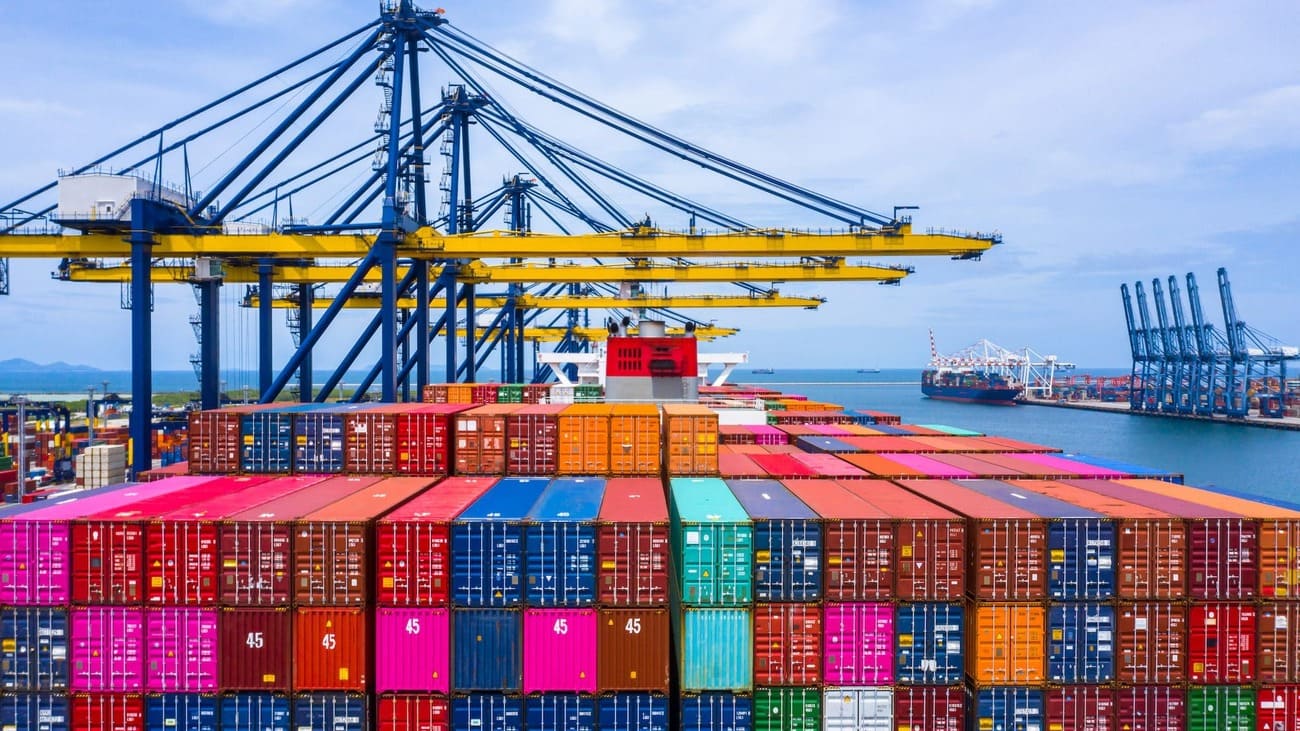
Step-by-step container shipping checklist for Canada. Learn how to prepare, required documents, packing, customs, and delivery process.
Why a Container Shipping Checklist Matters
For anyone planning container shipping in Canada, preparation is the key to avoiding delays, unexpected costs, and customs issues. Whether you are importing, exporting, or relocating, this checklist is designed to give you a step-by-step guide on how to get ready for safe and compliant shipping. By following this container shipping checklist, you ensure a smoother process from booking to delivery.
Step 1 — Understand Container Types and Sizes
Choosing the right container is the first step. Below is a comparison of the most common options.
| Container Type | Internal Dimensions (m) | Capacity (CBM) | Max Payload (kg) | Best For |
|---|---|---|---|---|
| 20’ Standard | 5.9 x 2.35 x 2.39 | ~33 | ~28,000 | Small moves, machinery, personal goods |
| 40’ Standard | 12.0 x 2.35 x 2.39 | ~67 | ~28,000 | Furniture, large relocations, retail shipments |
| 40’ High Cube | 12.0 x 2.35 x 2.69 | ~76 | ~28,000 | Bulky cargo, e-commerce logistics |
| Reefer (20/40) | Variable | ~28–60 | ~26,000 | Perishables, pharmaceuticals |
Step 2 — Prepare Required Documents
Documentation is critical for container shipping to or from Canada. Missing or incomplete paperwork leads to customs delays.
| Document | Purpose | Who Provides |
| Bill of Lading (B/L) | Evidence of shipment, contract between shipper & carrier | Carrier/Freight Forwarder |
| Commercial Invoice | Value declaration for customs | Shipper |
| Packing List | Detailed cargo breakdown | Shipper |
| Export Declaration | Required for Canadian exports | Exporter |
| Import Declaration | Required for Canadian imports (CBSA) | Importer |
📌 Tip: Always keep both physical and digital copies of all documents.
Step 3 — Packing and Loading Checklist
Improper packing is a leading cause of cargo damage. Use the checklist below.
| Do ✅ | Don’t ❌ |
| Use ISPM-15 certified wood for pallets | Pack loose items without securing |
| Distribute weight evenly | Overload beyond container max payload |
| Label all boxes clearly | Mix hazardous and non-hazardous goods |
| Use waterproof packaging for electronics | Leave empty spaces unfilled |
Step 4 — Customs and Compliance in Canada
All goods entering Canada must comply with CBSA regulations.
| Cargo Type | Duty/Tax Example | Additional Rules |
| Automobiles | 6.1% duty + GST/HST | Must meet Transport Canada standards |
| Electronics | 0–8% duty + GST/HST | Must comply with CSA certification |
| Furniture | 8–10% duty + GST/HST | Material restrictions may apply |
| Food/Perishables | Varies + GST/HST | CFIA approval, health permits required |
📌 Tip: Work with a freight forwarder that provides customs brokerage to avoid delays.
Step 5 — Booking and Carrier Coordination
Booking space with a reliable carrier is essential. Consider:
- Container availability during peak season.
- Carrier reliability and transit time guarantees.
- Multimodal options (sea + rail + truck).
For professional solutions, see Metropolitan Logistics Container Transport Company.
Step 6 — Insurance and Risk Management
Insurance protects your cargo against damage or loss.
| Insurance Type | Coverage |
| Basic Carrier Liability | Limited coverage, based on weight only |
| All-Risk Insurance | Covers loss, theft, and damage (recommended) |
| Named Perils | Covers only specified risks |
📌 Tip: Always declare full cargo value for proper coverage.
Step 7 — Tracking and Delivery in Canada
Once your container arrives, inland transportation is typically by rail or truck. Key delivery routes include:
- West Coast Ports: Vancouver, Prince Rupert → Toronto, Montreal.
- East Coast Ports: Halifax → Toronto, Quebec.
- Domestic Rail Hubs: CN & CP terminals across Canada.
Ship with Confidence in Canada
By following this container shipping checklist Canada, you minimize risks and maximize efficiency. For complete support, including customs, booking, and delivery, partner with Metropolitan Logistics.
📞 Phone: +1 (365) 829 5000
✉️ Email: service@metropolitanlogistics.ca
FAQs — Container Shipping Checklist Canada
How much does container shipping to Canada cost?
From $2,300 for a 20’ FCL up to $5,500+ for a 40’ FCL, excluding duties and inland delivery.
What documents are needed for container shipping to Canada?
Bill of Lading, Commercial Invoice, Packing List, and Customs Declarations.
Can I ship personal belongings in a container to Canada?
Yes, household goods are allowed, but customs may require detailed inventory.
How long does container shipping to Canada take?
On average 25–40 days depending on port of origin and Canadian destination.
Do I need insurance for container shipping?
Yes, cargo insurance is strongly recommended.